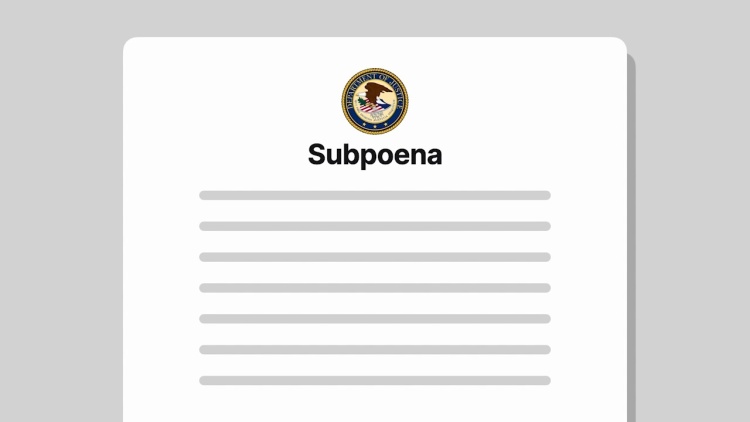In re Osterhoudt
United States Court of Appeals for the Ninth Circuit
722 F.2d 591 (1983)

- Written by Christine Raino, JD
Facts
Luxana Phaksuan hired attorney William Osterhoudt to represent him in a grand jury investigation regarding possible income tax and controlled substance violations. As part of its investigation, the government issued a subpoena to Phaksuan seeking disclosure of the amount, form and dates of legal fees paid by Phaksuan to his counsel, Osterhoudt. Phaksuan filed a motion to quash the subpoena, arguing that this information was protected by the attorney-client privilege, claiming the information fell within an exception to the general rule that information regarding legal fee arrangements is not protected by the attorney-client privilege. The government represented that the grand jury was investigating Phaksuan as a result of information indicating that he had made substantial sums of money as a “major distributor of several multi-ton loads of marijuana,” and that a complete financial investigation was part of the investigation. The government claimed that the date, amount and form of legal fees paid to Osterhoudt were necessary information for the investigation. Phaksuan claimed that the exception to the general rule applied anytime disclosure of information regarding the fee arrangement would incriminate the client in the very matter for which he retained legal counsel. The district court denied Phaksuan’s motion to quash the subpoena and Phaksuan appealed to the United States Court of Appeals for the Ninth Circuit.
Rule of Law
Issue
Holding and Reasoning (Per curiam)
What to do next…
Here's why 907,000 law students have relied on our case briefs:
- Written by law professors and practitioners, not other law students. 47,100 briefs, keyed to 996 casebooks. Top-notch customer support.
- The right amount of information, includes the facts, issues, rule of law, holding and reasoning, and any concurrences and dissents.
- Access in your classes, works on your mobile and tablet. Massive library of related video lessons and high quality multiple-choice questions.
- Easy to use, uniform format for every case brief. Written in plain English, not in legalese. Our briefs summarize and simplify; they don’t just repeat the court’s language.







